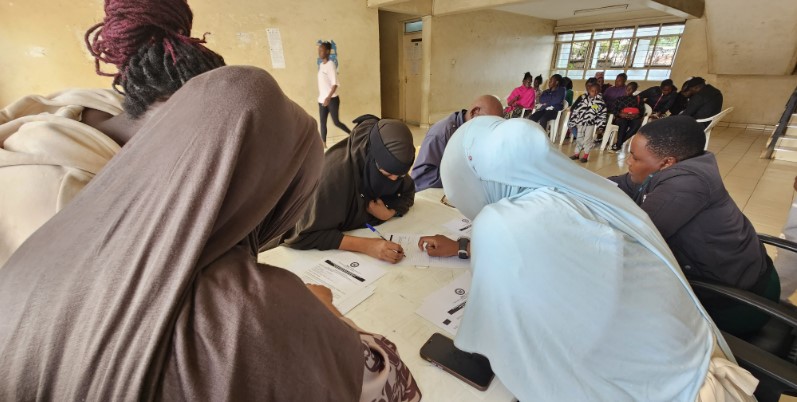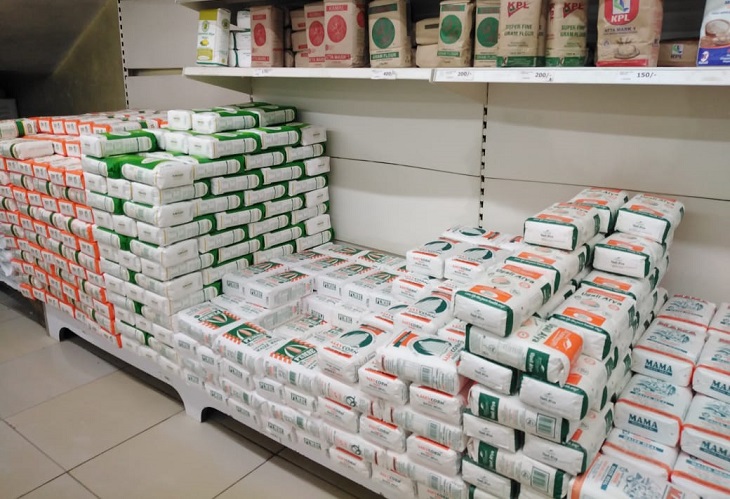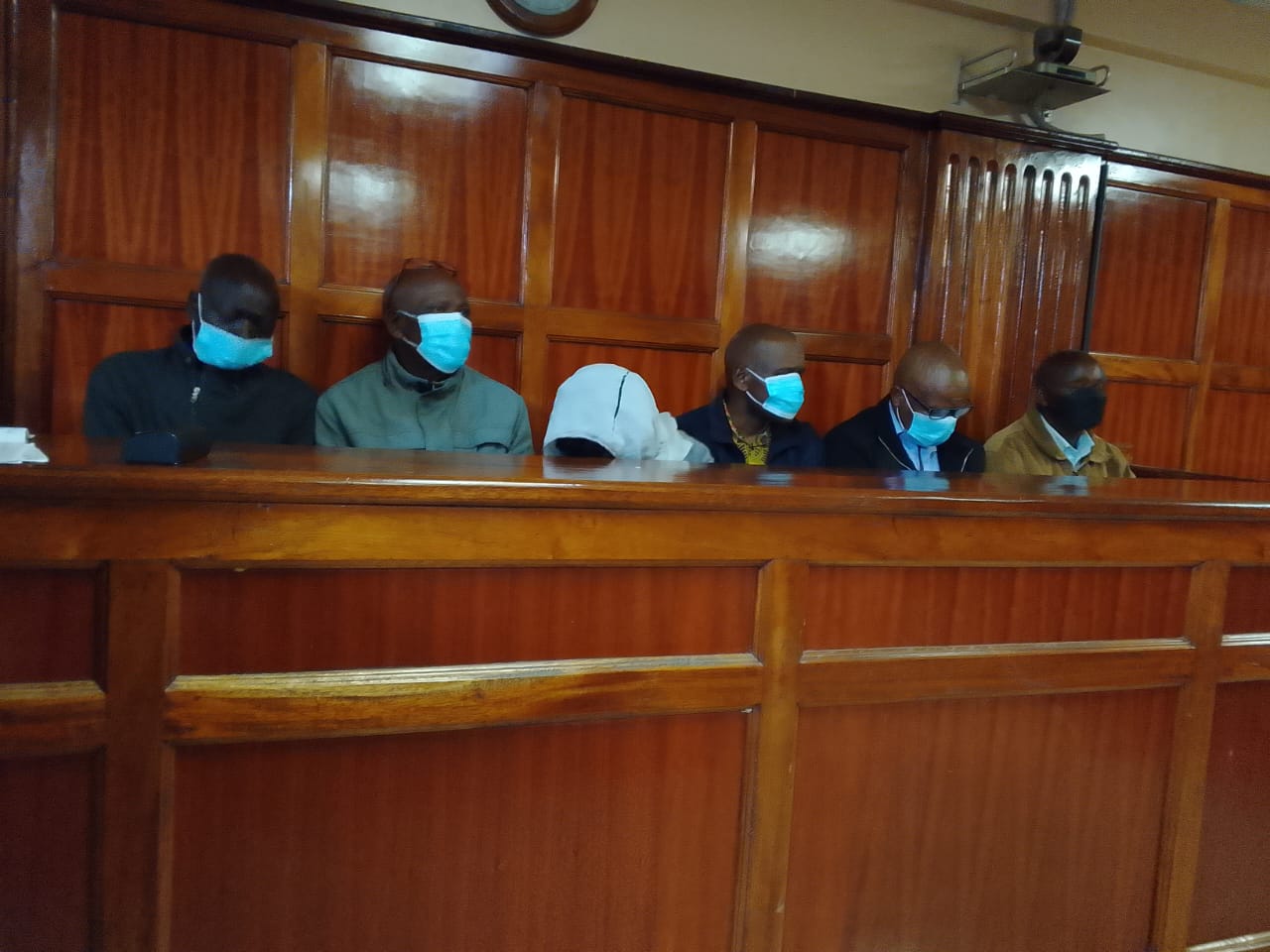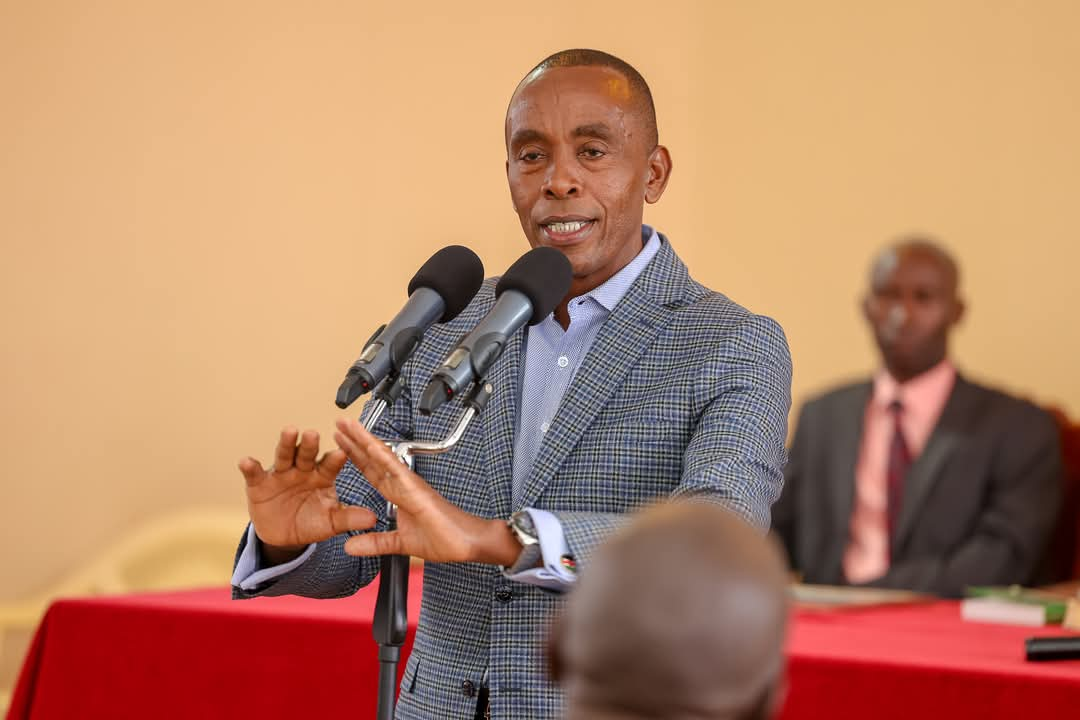NACADA report links increased drug use in Kenya to rise in youth-led protests

Conducted in partnership with 17 universities, the study surveyed over 15,000 students across Kenya's eight administrative regions.
The National Authority for the Campaign Against Alcohol and Drug Abuse (NACADA) has uncovered an alarming link between youth-led protests and a rise in drug use among young Kenyans.
Speaking during the launch of the report titled "Status of Drugs and Substance Use Among University Students in Kenya" on Thursday, NACADA CEO Anthony Omerikwa expressed concerns about this unintended connection.
More To Read
- Governor Abdulswamad tables proposal to curb abuse of prescription drugs in Mombasa
- Cannabis users face sixfold higher risk of heart disease, study warns
- Defined by environment: How youth in Nairobi's Majengo struggle to stay away from drugs
- Government appoints team of experts to aid war against narcotics
- How harmful skin lightening creams are affecting Kenyans
- Nairobi County steps up fight against drug abuse with new reforms
Omerikwa pointed out that many young protesters, believing that substances like cannabis could ease the effects of tear gas, were introduced to drug use during the protests.
"Some of the young people who were in the protests became unexpected inductees into the space of drug use. They were deceived into believing that if they smoked bhang, the effects of tear gas would diminish to near zero," he explained.
The report found that some of those apprehended during the protests admitted to using drugs for the first time at that time.
Omerikwa warned that drug dealers were exploiting such opportunities, using protests to lure young people into addiction.
"Unscrupulous merchants of drugs look for every opportunity to entice and get our youth into addiction," he cautioned.
Synthetic drugs
Alongside the concerning link between protests and drug use, the report also highlighted the increasing prevalence of synthetic drugs among young people.
Omerikwa described these substances as "invisible enemies," noting that their chemical precursors are often legal and easily accessible, making them difficult to detect.
"You don't see it coming; but when you realise it's around, it's already too late," he warned.
In addition, the report revealed that about 70 per cent of individuals apprehended for drug use or found in possession of drugs were university students.
Conducted in partnership with 17 universities, the study surveyed over 15,000 students across Kenya's eight administrative regions.
Crucial data
These findings have provided crucial data to track drug use trends and evaluate the effectiveness of government interventions.
Then NACADA's boss stressed that the drug abuse problem is no longer just confined to universities.
"The findings of this report will make you sit up and take notice. It reveals a very serious and growing problem of alcohol and drug abuse among the youth, particularly in higher learning institutions," Omerikwa said.
To combat the crisis, NACADA has pledged to use the study's findings to enhance drug prevention strategies, raise awareness, and promote positive parenting.
The agency also aims to strengthen collaborations across sectors to reduce the supply and demand of illicit substances.
Top Stories Today
- Bobi Wine’s bodyguard appears in court after alleged abduction by Muhoozi
- National campaign launched to tackle GBV and femicide
- Four police officers charged with murder of Baby Samantha Pendo
- Kamukunji residents participate in NG-CDF public consultations
- Rights groups decry injustice as 8 officers cleared in Baby Pendo case
- No cause for panic over unga prices, state says amid rising food costs
- Political leaders condemn shoe-throwing incident on Ruto in Migori
- Pope Francis's popemobile set to become health clinic for Gaza children
- Millers increase unga prices as maize supply tightens
- Court to rule on halt of prison recruitments, suspension of budget-making process
- State blames underdevelopment for insecurity in 23 counties
- Pakistani Bank Al Habib announces exit from Kenya after 7 years
- Baby Pendo murder case: 11 officers to be charged with crimes against humanity
- Somali coffee and tea: Why milk makes all the difference
- From chapati rolls to canjeero pizza: How families are reinventing snack time
- Rwanda in talks to receive migrants deported from US
- Baby Pendo murder case: DPP drops charges against 6 senior police officers
- Voter moves to court seeking to stop police from arresting Governor Wamatangi
- Treasury targets foreign firms in public tenders with fresh tax proposal
- MPs slam TSC for ignoring court ruling on age gap for teachers
















































